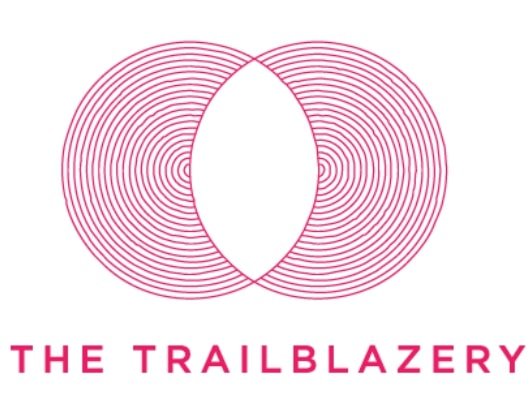“A brain scan may reveal the neural signs of depression, but a Beethoven symphony reveals what that depression feels like. Both perspectives are necessary if we are to fully grasp the nature of mind, yet they are rarely brought together.”
Melancholia and the Brain
Melancholia and the Brain: Conversations between Neuroscience and the Arts
Trinity Long Room Hub TCD 2019
‘Melancholia and the Brain’ is a collaborative transdisciplinary project that sets out to investigate and illuminate the lived experience of depression through the intersection of Neuroscience, Arts and the Humanities. We are interested in exploring creative ideas that invite collaboration between artists, scientists and people with a lived experience of depression to generate new perspectives about depression in the public realm. Our inaugural event invited artists, performers, scientists, critical thinkers and people with a lived experience of depression to explore pathways that include and involve the brain in our current understandings of depression. This took place at The Long Room Hub at Trinity College Dublin.
‘Melancholia and the Brain’ has organically grown from initial collegial chats between Professor Veronica O’Keane and Professor Mary Cosgrove about the possibility of fusing neuroscience and the arts and humanities on the topic of melancholia and the brain.
“We are curious to know more about the different understandings of melancholia at work in Ireland today. Does the brain play a significant role in public understanding of melancholia, for example? From a neurosciences perspective the brain is understood as the principle locus and cause of melancholia - rather than the ‘spirit’ or ‘personality’ of the individual. Yet many works of literature, film, and other cultural artefacts which engage with melancholia omit the brain from their reflections, presenting the melancholic condition as that of an individual often experiencing the heights of creative inspiration and the lows of existential despair. Bringing our perspectives together, we want to capture the real and experienced or ‘felt’ sense of depression, and share this with the public.”
Event Contributors include:
Professor Veronica O’Keane, Professor in Psychiatry, TCD.
Professor Mary Cosgrove, Professor in German, TCD.
BethAnne Linstra-Klein, expert by experience.
Dr. Tony Bates, clinical psychologist, adjunct professor of Psychology, UCD and founder of Jigsaw, the National Centre for Youth Mental Health.
About Us
Melancholia and the Brain has been in development since early 2017. We started by holding a series of meetings with a transdisciplinary team with combined backgrounds in neuroscience, brain research, medicine, arts and the humanities, literature, curating and public engagement. We expanded the enquiry outwards to include focus groups and a public poll with the core aim of integrating and synthesising information about the human condition of depression in the public realm. We are excited about the cultural potency of this conversation and aim to continue this ongoing dialogue and engage audiences with the experiential relationship between Melancholia and the Brain.
Project Team
Professor Veronica O’Keane is a clinical and research psychiatrist. Her area of interest is in neuro-endocrinology of depression, particularly the relationship between stress and depression. Her research group is now examining the experience of depression in the brain. She has over 100 published scientific articles in peer-reviewed journals and her book “The Matter of Memory” will be published next year.
Professor Mary Cosgrove is a literary scholar of post-1945 Germany to the present. She has published peer reviewed articles, edited volumes, and monographs on German and Austrian memory discourses, trauma, and melancholy. Her most recent book is: Born under Auschwitz: Melancholy Traditions in Postwar German Literature (Camden House, 2014).
Kathy Scott, Creative-in-Residence on Melancholia and the Brain and Creative Director of The Trailblazery - a cultural platform dedicated to activating creative and socially engaged ideas on the island of Ireland and beyond.
Cian Judd, research assistant and postgraduate student in cognitive neuroscience, TCD.

